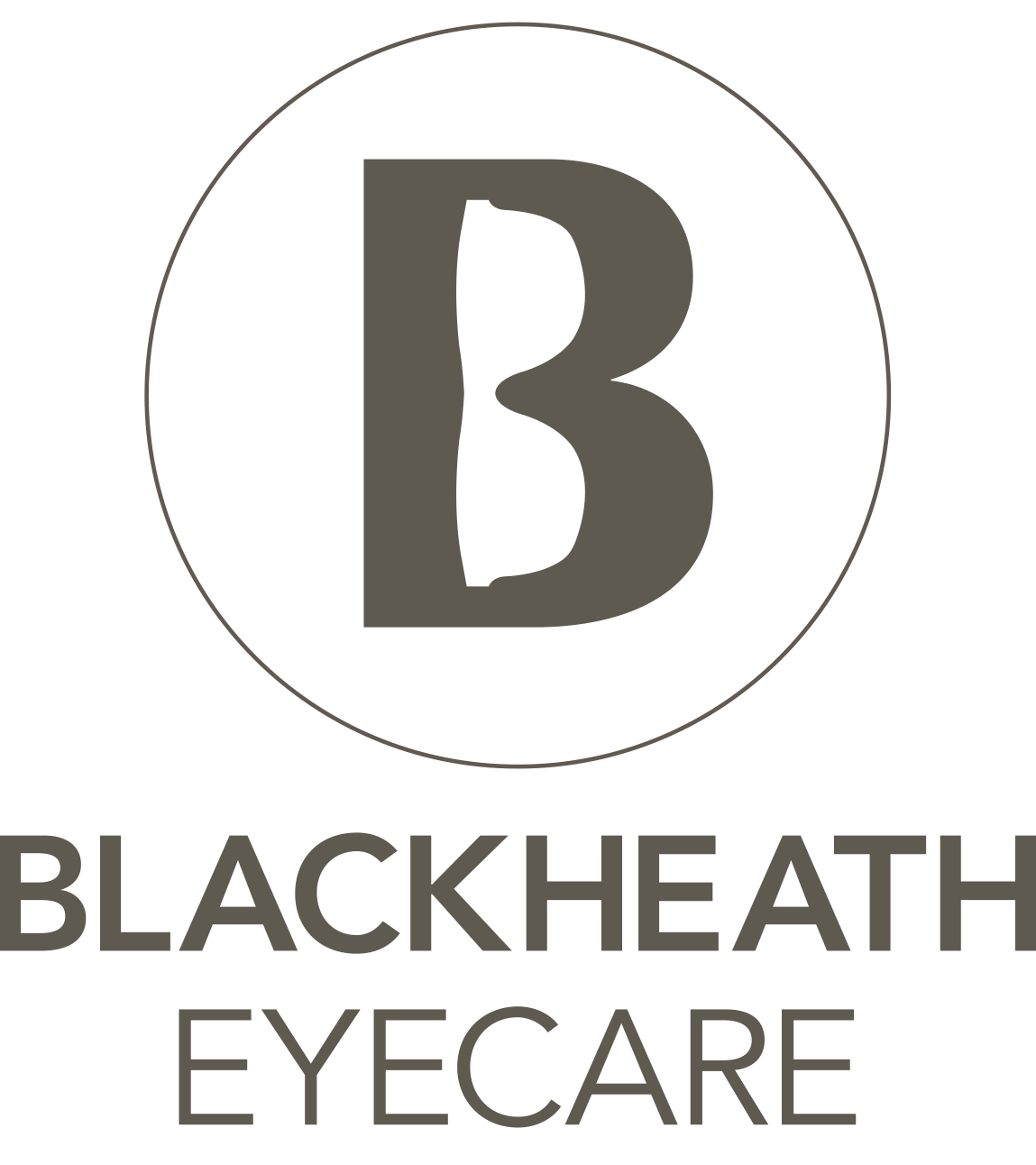Spectacle Lenses
Making The Right Spectacle Lenses choice
Your spectacle lenses are as individual to you as your vision, that is why our experts help you choose the perfect lenses to suit your visual needs, budget and lifestyle. To help guide you through the fog of optician lens jargon we’ve provided an overview of the most common lens types below.
Lens Coatings
Explore various types of lens coatings available by clicking on each type below to learn more.

Seecoat Next
Nikon’s premium anti-reflective coating (or equivalent) is supplied as standard on all lenses Seecoat Next is super smudge and super scratch resistant. It even comes with a 1 time 18-month scratch guarantee.

Seecoat Pure Blue

Seecoat drive

Seecoat Bright
Pure Blue UV is the clearest, most aesthetically-pleasing solution compared to standard blue-violet cut lenses that offer similar level of filtration. This coating gives greater colour distinction under low light conditions.

Transitions
Adapt seamlessly to any lighting conditions meaning no need for swapping glasses and sunglasses. they are fully clear indoors and return back to clear faster than ever. All whilst blocking 100% of UV rays.

Seecoat Next
Nikon’s premium anti-reflective coating (or equivalent) is supplied as standard on all lenses Seecoat Next is super smudge and super scratch resistant. It even comes with a 1 time 18-month scratch guarantee.

Seecoat Pure Blue

Seecoat drive

Seecoat Bright
Pure Blue UV is the clearest, most aesthetically-pleasing solution compared to standard blue-violet cut lenses that offer similar level of filtration. This coating gives greater colour distinction under low light conditions.

Transitions
Adapt seamlessly to any lighting conditions meaning no need for swapping glasses and sunglasses. they are fully clear indoors and return back to clear faster than ever. All whilst blocking 100% of UV rays.
Thin Lens Options
Hover over each tile below to learn more about each option. Remember that the best decision is made based on professional advice and our team are on hand to help you decide the best lens option for your individual prescription and frame combination.
Aspheric Lenses
Designed with varying degrees of curvature over its surface, which can help to reduce visual distortion. This type of lens is often lighter and thinner than traditional lenses, providing more comfortable and visually appealing eyewear
Bi-Aspheric Lenses
With two different curvatures on each side, optimising it for better optical performance. reducing vision distortion, offers wider viewing angles and improves visual acuity. They are thinner, lighter and aesthetically more appealing compared to traditional lenses.
1.50 Index
A standard prescription lens made from plastic material and 1.50 being suitable for lower prescriptions.
1.60 Index
A special material designed to refract light in a way that reduces lens thickness. This makes the glasses more comfortable to wear especially for those with medium prescriptions. They are typically more scratch resistant and durable, which also makes them the choice for rimless and half eye frames.
1.67 Index
Thinner and lighter than traditional lenses. It is often recommended for people with high prescription strengths, as it can correct vision without the thickness and weight of a standard lens.
1.74 Index
Known for its thinner and lighter design. The index of 1.74 refers to the lens's refractive power, with higher numbers indicating thinner lenses. It is often recommended for those with higher prescriptions
Aspheric Lenses
Designed with varying degrees of curvature over its surface, which can help to reduce visual distortion. This type of lens is often lighter and thinner than traditional lenses, providing more comfortable and visually appealing eyewear
Bi-Aspheric Lenses
With two different curvatures on each side, optimising it for better optical performance. reducing vision distortion, offers wider viewing angles and improves visual acuity. They are thinner, lighter and aesthetically more appealing compared to traditional lenses.
1.50 Index
A standard prescription lens made from plastic material and 1.50 being suitable for lower prescriptions.
1.60 Index
A special material designed to refract light in a way that reduces lens thickness. This makes the glasses more comfortable to wear especially for those with medium prescriptions. They are typically more scratch resistant and durable, which also makes them the choice for rimless and half eye frames.
1.67 Index
Thinner and lighter than traditional lenses. It is often recommended for people with high prescription strengths, as it can correct vision without the thickness and weight of a standard lens.
1.74 Index
Known for its thinner and lighter design. The index of 1.74 refers to the lens's refractive power, with higher numbers indicating thinner lenses. It is often recommended for those with higher prescriptions
Glasses Care Guide
The primary must-read for glasses wearers, learn how to keep those glasses in top condition.
Explore our insightful blog post for valuable tips on caring for your new glasses. Click here to learn how to maintain and preserve your eyewear investment, ensuring lasting comfort and clarity for your vision.


Our Eyewear Consultations
The Advanced Eye Examination
Our advanced eye examinations set a new standard in eye health care, offered to all our valued clients as part of our commitment to superior service. By clicking here, you can discover how these comprehensive exams enhance monitoring and maintenance of your eye health, ensuring optimal vision and well-being.

FAQ's
01
Lenses vary depending on your prescription and the frames you choose. For personalised advice on lenses without any obligation, give us a call or send us an email with your prescription and one of the team will be able to help.
02
The thickness of lenses depends on several factors, including your prescription, the type of lens material chosen, and the frame you select. Thickness calculation can be performed in store with the frame to give you more of an idea.
03
Our lens production typically takes between 5-10 working days, depending on your prescription and the specific lens design you choose. If you’re in need of a quicker turnaround, express services are also available for most lens options.
04
All of our Nikon lenses come with a high performance, durable coating as standard. Not only this, but Nikon are so confident in their lens coatings that they give them an 18 month warranty against scratching.



